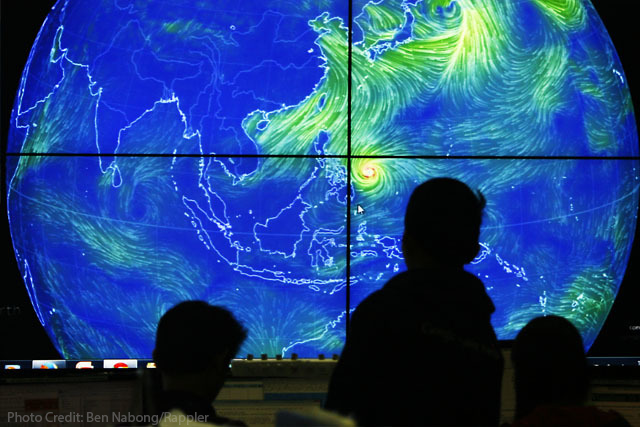Philippine Space Act
Senate Bill No. 1211: Philippine Space Act
Rocket ships, astronauts, and scenes from outer space are what often come to mind at the mention of Space Science, but there are much more practicai technologicai appiications to this discipiine that can benefit countries iike the Phiiippines.
In fact, both deveioped and developing countries alike, including our ASEAN neighbors, have respective aeronautics and space agencies to build their own spaceships and join the ranks of space-faring nations.
Little known to many Filipinos is that our country has a number of existing programs related to space scjpnce including PAGASA, which has astronomical science programs; the National Mapping & Resource Information Agency (NAMRIA), which requires gathering satellite information; and the National Disaster Risk Reduction and Management Council (NDRRMC), which handles disaster risk management.
Other applications of space science and technology crucial to our country’s welfare are protection of national territory, natural resources accounting, and capacity building for telecommunications.
This bill seeks the creation of a Philippine Space Agency (PhilSA), which shall be responsible for creating and enacting our nation’s roadmap toward becoming fully participative in global space activity.
The PhilSA would be responsible for developing space science technology policies, implementirig research and education programs, and establishing industry linkages between private and public sector stakeholders. Lastly, the PhilSA would be our country’s representation for international space agreements and arbitrations.
A Philippine Space Agency, with its consolidated programs and strategies for space science and technology, will pave the way for future Filipino astronomers, space scientists, and astronauts by laying down a strong foundation in space science education and research.
In view of the foregoing, the passing of this bill is earnestly sought.

Recent Comments